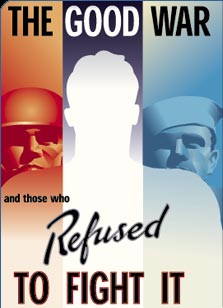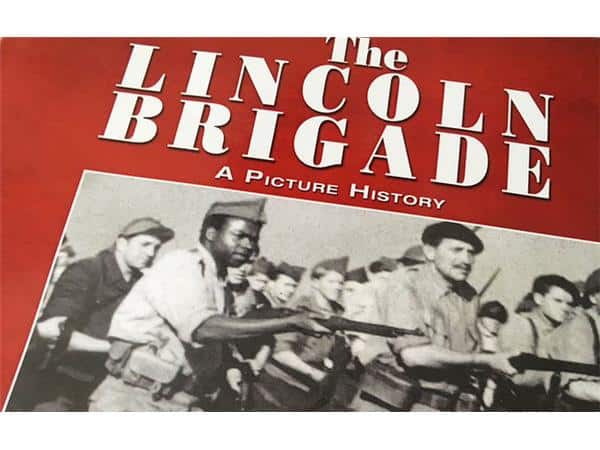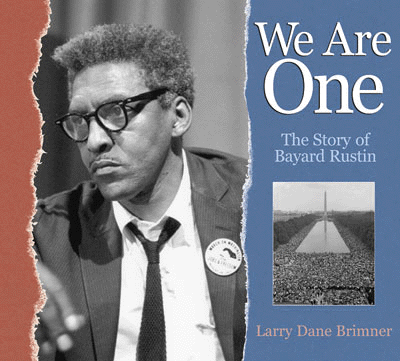 The Good War and Those Who Refused To Fight It sheds light on a previously ignored part of the World War II saga — the story of American conscientious objectors who refused to fight “the good war.” It is a story of personal courage, idealism and nonconformity based on both ethical and religious beliefs — about men whose love of country could not extend to killing their fellow man.
The Good War and Those Who Refused To Fight It sheds light on a previously ignored part of the World War II saga — the story of American conscientious objectors who refused to fight “the good war.” It is a story of personal courage, idealism and nonconformity based on both ethical and religious beliefs — about men whose love of country could not extend to killing their fellow man.
Many were Quakers or others whose religious beliefs interpreted the commandment “Thou Shalt Not Kill” to preclude participating in war; others were passionate pacifists who felt morally incapable of cooperating with a violent conflict, no matter how worthy the cause.
Like today, during WWII many Americans felt that being opposed to war was cowardly and unpatriotic. In order to prove their patriotism while maintaining their principles, many of these World War II conscientious objectors risked their lives as fire jumpers and medical guinea pigs. In the film, former Surgeon General C. Everett Koop recalls working with objectors as a young doctor in these dangerous and sometimes deadly experiments. Thousands of other objectors volunteered to work in mental institutions and helped transform them from places of filth and degradation to the more humane institutions of today. All of these efforts took place under Civilian Public Service, a national system of work camps administered and paid for by the “peace” churches — the Quakers, Mennonites, and Brethren.
Thousands, however, refused to cooperate with the war effort and spent the war years in prison, where they used hunger strikes to integrate the federal prison system.
All lived with the scorn of a nation, and often family and friends as well. While it has been more than half a century since WWII, this particular war story has been almost entirely lost to history until now.
Produced by Rick Tejada-Flores and Judith Ehrlich (co-director of The Most Dangerous Man in America: Daniel Ellsberg and the Pentagon Papers), ITVS.
Film Clip
Related Resources
Rethinking Schools published a critique of textbook coverage of conscientious objectors, called “Teaching Objection” by Zachary Bullock.
On September 29, 1943, five conscientious objectors began a hunger strike at Lewisburg Federal Penitentiary is protest of censorship of the mail. In August, other CO’s had begun a work strike against the racial segregation of prisoners. Read more on these actions (including the forced tube feeding by the prison hospital) in this 1943 appeal for support in a letter from the prisoners.









Twitter
Google plus
LinkedIn